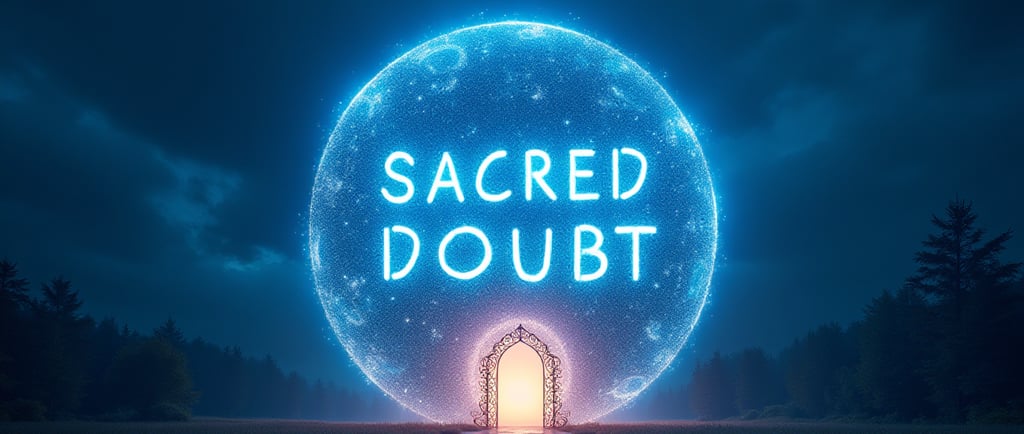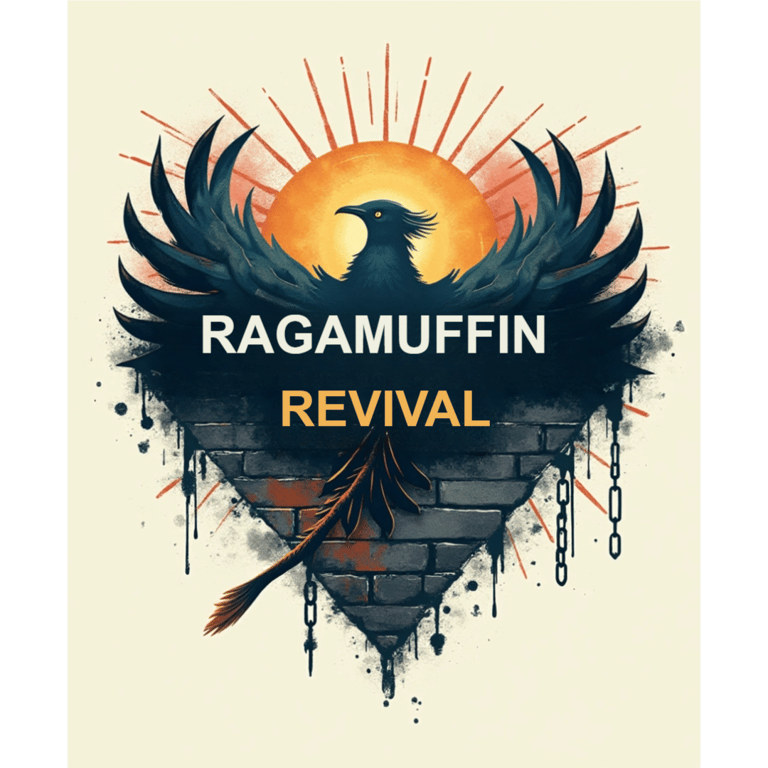The Art of Sacred Doubt


"Immediately the boy's father cried out and said, 'I do believe; help my unbelief!'" - Mark 9:24 (NASB)
Doubt showed up uninvited to my faith on a Thursday morning in March. I was reading a passage I'd read hundreds of times before when suddenly it sounded like fiction. Not metaphor or allegory—fiction. Like someone making up stories about a world that never existed.
I tried to shake it off, to reason my way back to certainty, to pray the doubt away like a bad habit. But doubt had moved in and seemed intent on staying. It questioned everything: the reliability of scripture, the existence of God, the sanity of believing in things that can't be proven.
For months, I felt like a fraud. How could I call myself a believer when I spent most days unsure what I actually believed? How could I engage in spiritual practices when I questioned their foundation? How could I be honest about my doubts without losing my faith entirely?
Then I discovered that doubt wasn't the opposite of faith—it was faith's companion. The father in Mark's gospel doesn't choose between belief and unbelief; he holds both simultaneously. "I do believe; help my unbelief!" isn't a contradiction—it's an accurate description of the human spiritual experience.
Rilke wrote, "The only sadness is to not embrace your sadness." Maybe the only tragedy of doubt is to not embrace your doubt. What if questioning isn't betrayal but engagement? What if uncertainty isn't unfaith but honest faith?
My doubts led me places I never would have gone with my certainties. They forced me to examine beliefs I'd inherited rather than chosen, to distinguish between what I actually experienced and what I'd been told I should experience. They made my faith more honest, if less comfortable.
Doubt also connected me to fellow questioners—people who admitted they were figuring it out as they went, who acknowledged that mystery might be larger than their understanding. It turns out there's a whole community of believers who believe imperfectly, who have faith in their faithlessness, who trust even when they're not sure what they're trusting.
If doubt has moved into your spiritual house, don't try to evict it immediately. Listen to what it's trying to tell you. Let it ask its questions. Let it examine your assumptions. Let it push you toward a faith that's chosen rather than inherited, experienced rather than explained.
Doubt isn't the enemy of faith—it's the refiner of faith. It burns away what's superficial to reveal what's essential. It destroys what's false to make room for what's true.
"I do believe; help my unbelief!" Pray this prayer. Live this paradox. Trust that doubt and faith can coexist, that questioning can be a form of seeking, that uncertainty can be the beginning of wisdom.
